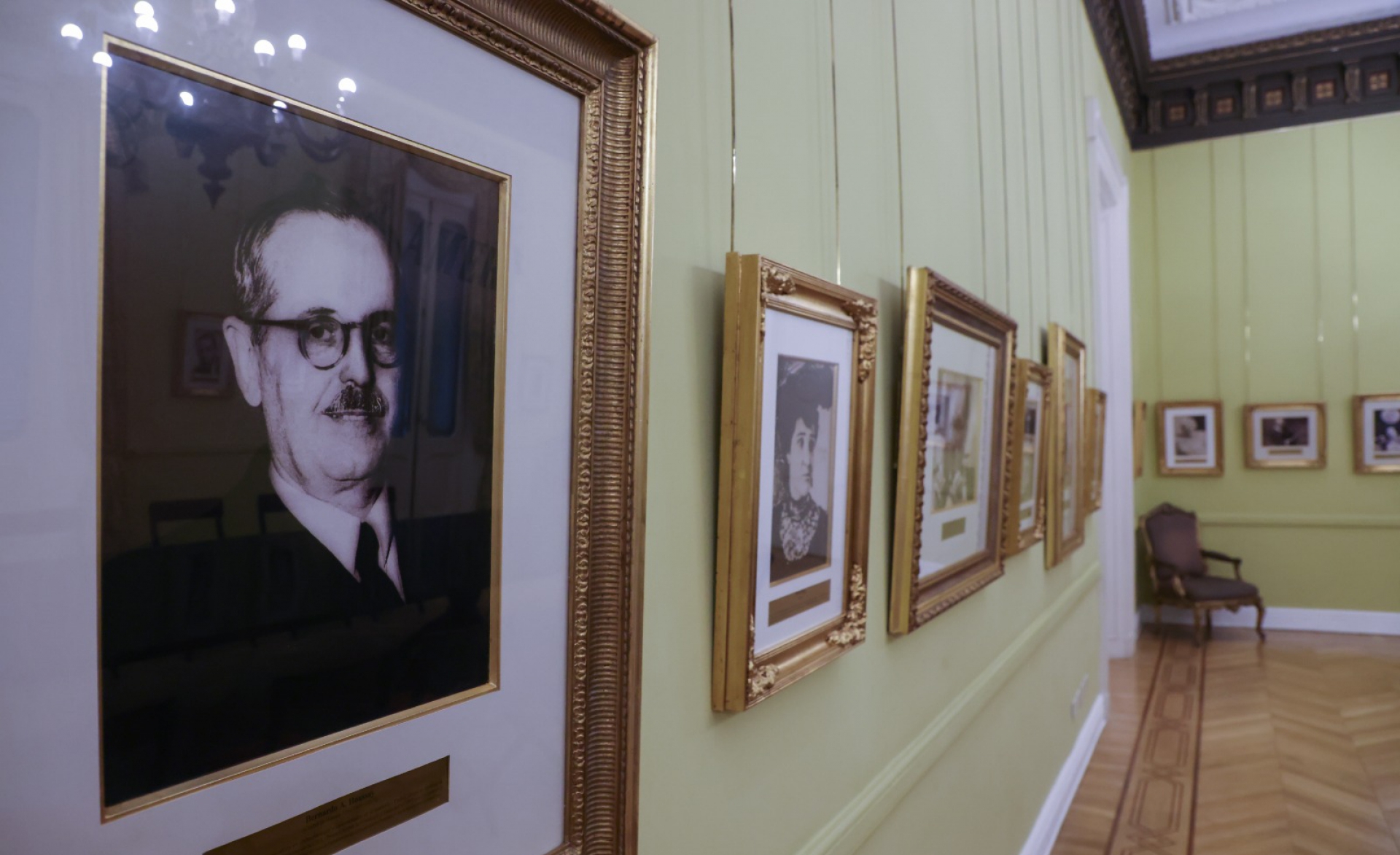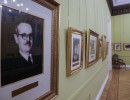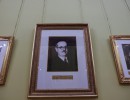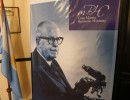Every April 10, World Science and Technology Day is celebrated in commemoration of the birth of Dr. Bernardo Houssay, Argentine physician, pharmacist and scientist who was awarded the Nobel Prize for Medicine in 1947 for his research on the pituitary gland and its influence on sugar metabolism.
UNESCO instituted this date in 1982 to recognize his scientific legacy. In Argentina, the Day of the Scientific Researcher is also commemorated in his honor.
Bernardo Houssay was born in Buenos Aires on April 10, 1887, into a family of French immigrants. From an early age he showed exceptional intelligence: at 13 he had already finished high school, graduated as a pharmacist at 17 and graduated as a physician at 23, with a Diploma of Honor awarded by the University of Buenos Aires.
In 1919 he founded the Institute of Physiology of the Faculty of Medicine, which under his direction became a world reference center in research. There he trained a generation of scientists who would occupy key positions in the scientific development of Argentina and Latin America.
One of his main contributions was the discovery of the role of the pituitary gland in the regulation of blood sugar, a finding that allowed progress in the study of diabetes and made him the first Latin American to receive a Nobel Prize in Science.
He was the author of more than 500 scientific papers and received 29 honorary doctorates. He was a member of 55 scientific academies and 139 professional societies worldwide. Among his disciples were Luis Federico Leloir, Nobel Prize in Chemistry in 1970, and Christiane Dosne de Pasqualini, a pioneer in Argentine biomedicine.
He died on September 21, 1971 and his remains rest in the Chacarita Cemetery. Her image is part of the Hall of Science at Casa Rosada, together with other national science referents.
Houssay left a deep mark in the scientific history of the country and the continent. His life and work continue to be a source of inspiration for new generations of researchers and scientists, who work every day to improve the quality of life of society through knowledge.



